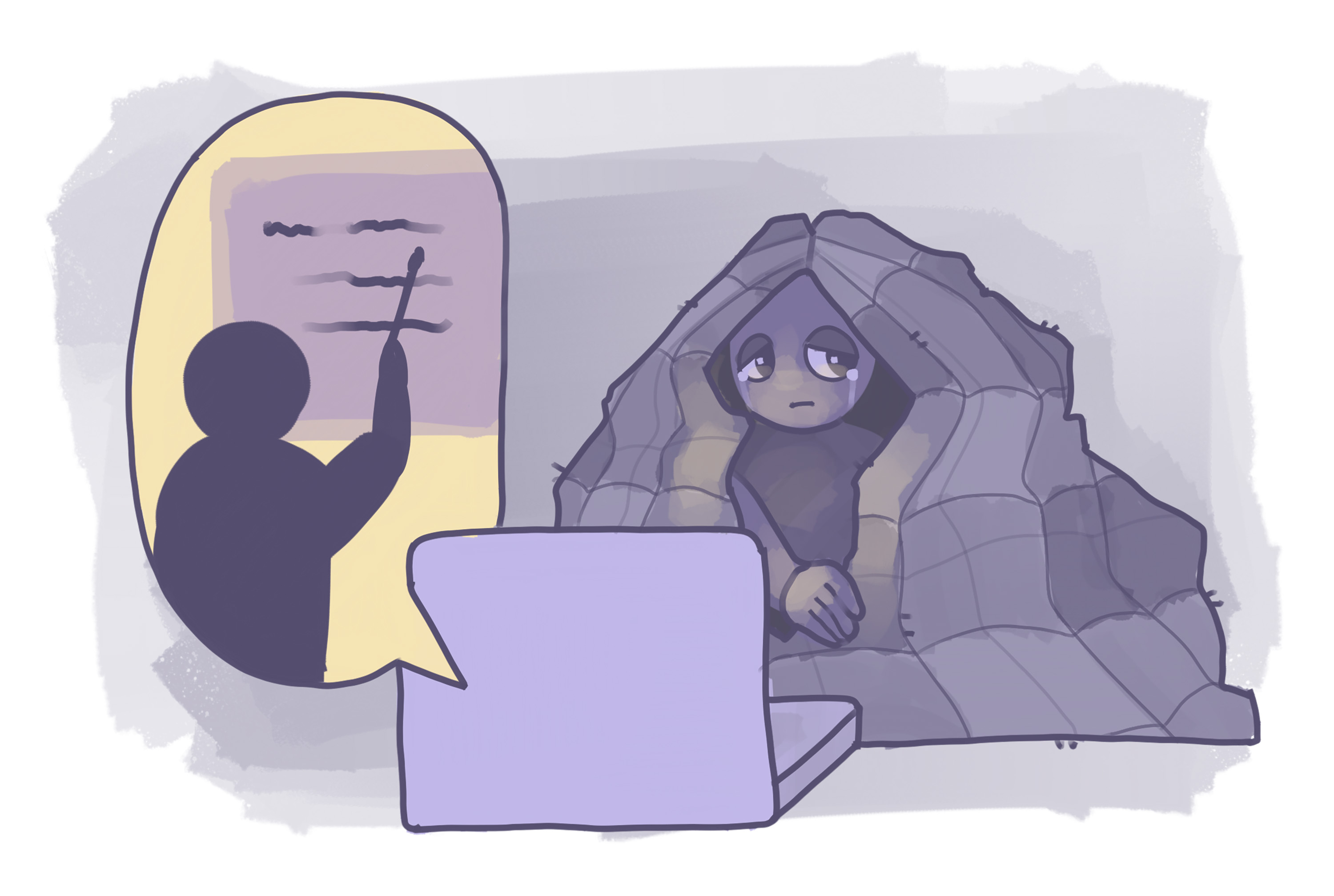This week, the U of M will join the conversation on mental health with Bell Let’s Talk.
From its origins in September 2010, the Bell Let’s Talk initiative began as a simple conversation about Canadians’ mental health and has now turned into a major initiative focused on raising awareness on mental health.
Having participated in Bell Let’s Talk before, the U of M is planning various virtual events, adapted to life during a pandemic.
The conversation about mental health is more of a continuation for the U of M. Back in October, UMSU changed its annual mental health week to a mental health month to account for the high rate of reported mental health concerns. According to UMSU president Jelynn Dela Cruz at the time, mental health services on campus saw an “exponential influx in demand.”
There are a variety of resources on campus for students to access during this time. One resource continuing to be available through all of remote learning is the student counselling centre (SCC).
Despite student reports of increased stress during remote learning and an ongoing increase in the demand for one-on-one counselling over the past years, director of the SCC David Ness reported that, at least for the centre, there has been a decrease in students utilizing counselling resources.
While demand is still high according to Ness, the numbers have sunk from past years.
Ness speculated that the reasoning behind the decrease may have to do with many different factors, one of them being a preference for in-person counselling.
His other concern is that students may not have a secure or private location at home to contact the SCC and have a counselling session.
With an in-person session, Ness noted there is no risk of anyone overhearing them or coming into the room.
According to Dela Cruz, across Canada, on-campus mental health resources have remained fairly consistent throughout the pandemic, but in the case of direct campus-linked resources at the U of M, students are turning more to mental health resources off-campus that are more convenient to them.
With regard to the Bell Let’s Talk initiative, Ness said, “I think any initiative […] that helps destigmatize mental health and encourages people to seek assistance is fabulous.”
“We know that in the not-too-distant past, people stayed very silent with this, so I think that in that way it’s really good.”
Some virtual events happening this week include a wellness sharing circle, a resilience workshop and a healthy U live Instagram event.
More information on how to register for and attend these events and their dates can be found at this link.



